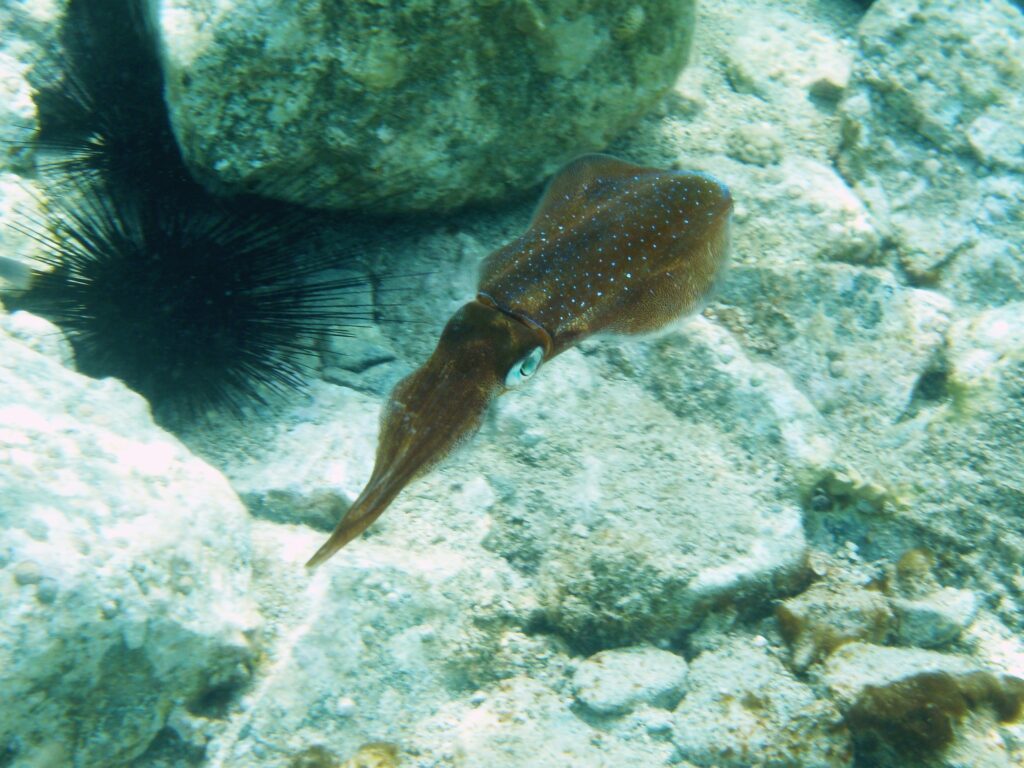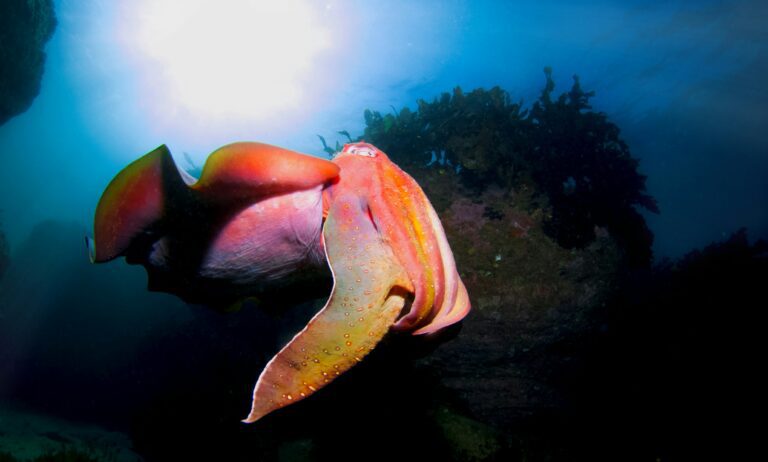Cephalopods, the fascinating creatures of the ocean depths, are often hailed as some of the most intelligent invertebrates on the planet. From the elusive octopus to the swift squid and the mesmerizing cuttlefish, these creatures have captivated scientists and enthusiasts alike with their remarkable abilities. In this article, we will delve into the surprising intelligence of cephalopods, exploring their complex behaviors, advanced cognitive abilities, and the mysteries that continue to surround these enigmatic creatures.
The Brainy Octopus
Exploration of Octopus Intelligence
Octopuses are renowned for their remarkable intelligence, captivating scientists and observers alike. Their problem-solving abilities have fascinated researchers for decades, leading to numerous studies aimed at unraveling the depths of their cognitive prowess. From intricate mazes to puzzles, octopuses consistently demonstrate their ability to navigate challenges with agility and adaptability. Through experiments in controlled environments, scientists have uncovered layers of complexity in octopus cognition, showcasing their capacity for learning, memory, and strategic thinking. Such exploration sheds light on the evolutionary trajectory of intelligence in cephalopods and offers valuable insights into the nature of consciousness itself.
Problem-Solving Abilities and Complex Behaviors
One of the most striking features of octopus intelligence is their adeptness at solving problems. In both the wild and captivity, octopuses exhibit an impressive array of behaviors geared towards overcoming obstacles. Whether it’s opening jars to access food, camouflaging themselves to evade predators, or navigating intricate environments with precision, octopuses showcase a level of ingenuity that rivals many vertebrates. Their flexible problem-solving strategies often involve trial and error, as well as observational learning, highlighting their ability to adapt to new challenges in real-time. Moreover, studies have shown that octopuses can exhibit playful behaviors, suggesting a level of curiosity and creativity that extends beyond mere survival instincts.
Examples of Octopus Intelligence in the Wild and in Captivity
In their natural habitats, octopuses display an astonishing array of intelligent behaviors essential for survival. From using tools to constructing elaborate shelters, these cephalopods demonstrate a sophisticated understanding of their environment. For instance, the veined octopus (Amphioctopus marginatus) has been observed carrying coconut shell halves to use as portable shelters, showcasing an impressive level of resourcefulness. Similarly, in captivity, octopuses have been known to engage in complex tasks, such as escaping from enclosures or dismantling equipment in search of food. These examples underscore the adaptability and problem-solving prowess of octopuses across different contexts, further cementing their reputation as some of the most intelligent invertebrates on the planet.
Squid: Masters of Camouflage and Communication
Discussion on Squid Intelligence
Squid, like their cephalopod relatives, possess a remarkable level of intelligence that often goes unnoticed beneath the waves. While not as extensively studied as octopuses, research has begun to shed light on the cognitive abilities of these enigmatic creatures. Squid exhibit complex behaviors indicative of advanced neural processing, including problem-solving, learning, and memory retention. Their ability to navigate complex environments, evade predators, and communicate through visual signals suggests a level of intelligence that rivals many vertebrates. As scientists delve deeper into the world of cephalopod cognition, squid are emerging as fascinating subjects worthy of further exploration.
Camouflage Techniques and Visual Communication
One of the most captivating aspects of squid intelligence is their mastery of camouflage techniques and visual communication. Squid possess specialized cells called chromatophores, which allow them to change color and texture rapidly, effectively blending into their surroundings or dazzling potential prey and predators alike. This ability not only serves as a defense mechanism but also plays a crucial role in hunting and communication. Through subtle changes in color patterns and body posture, squid can convey complex messages to conspecifics, indicating aggression, submission, or mating readiness. Such sophisticated visual communication highlights the intricate social dynamics within squid populations and underscores the importance of non-verbal cues in their interactions.
Research Findings Highlighting Squid Cognitive Abilities
Recent studies have uncovered a wealth of insights into squid cognitive abilities, challenging traditional notions of invertebrate intelligence. For example, experiments have demonstrated that squid exhibit learning capabilities, with individuals quickly adapting to new environments and tasks. In laboratory settings, squid have been observed solving maze puzzles and recognizing visual cues, showcasing their capacity for problem-solving and memory recall. Furthermore, researchers have documented instances of cooperative behavior among squid, suggesting a level of social intelligence previously underestimated in these solitary creatures. As scientific interest in cephalopod cognition continues to grow, squid are poised to reveal even more about the nature and evolution of intelligence in the animal kingdom.




